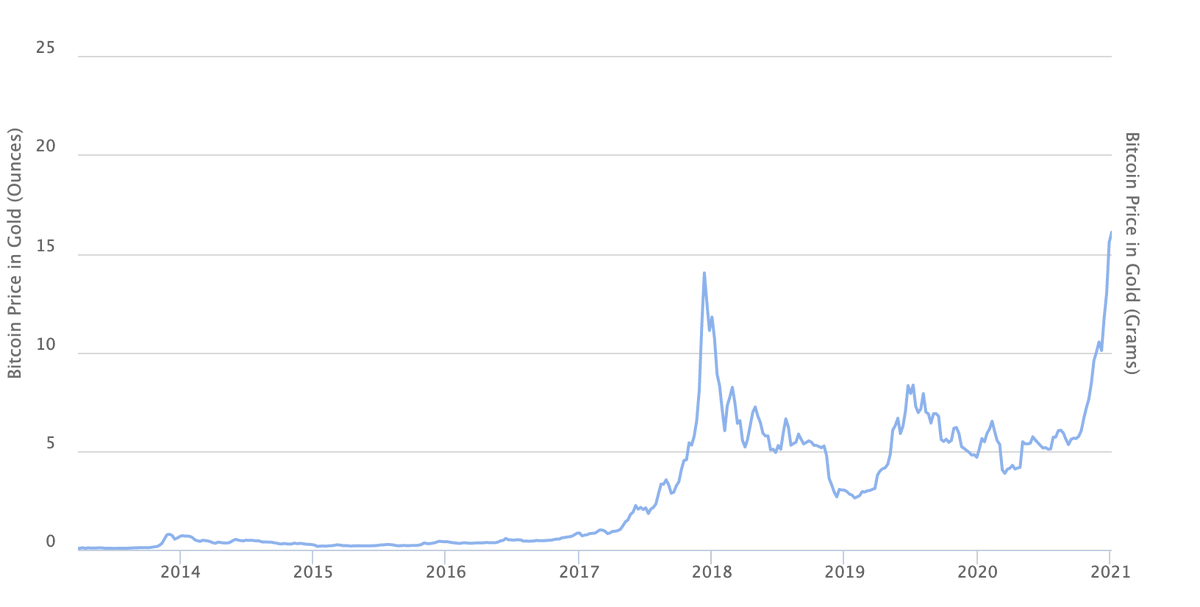SRI SWETHA VINAYAGAR, THIRUVALANCHUZHI, KUMBAKONAM
(TN)
#bharatmandir
While main deity is Shiva as Kapartheeswarar, the kshetram is famous for Ganesha, known as Swetha/Vellai Vinayagar (white Vinayak)
During samudra manthan, Vasuki snake (used as rope) started spewing venom.
Unable to bear the intense heat, Devas rushed to Siva. He told them that this was because the task was started without getting Ganesha’s approval.
So the Devas created a Ganesha murti from white sea foam and worshipped it.
It was later taken by Indra to Indralok.
@GunduHuDuGa
But once Indra had to come to Earth to pray to Shiva to seek relief from a curse inflicted on him. So he brought the murti of Ganesha with him. When he came here, he wanted to take bath before puja. So he gave the murti to a boy to hold for sometime. The boy was actually Shiva.
He kept the murti down and vanished. Indra could not lift it again and a divine voice told him to let Vinayagar stay there and visit every Ganesh Chaturthi to pray.
Since Vinayagar is made of foam, no abhishekam is done here. Only punugu is applied n camphor powder is sprinkled

